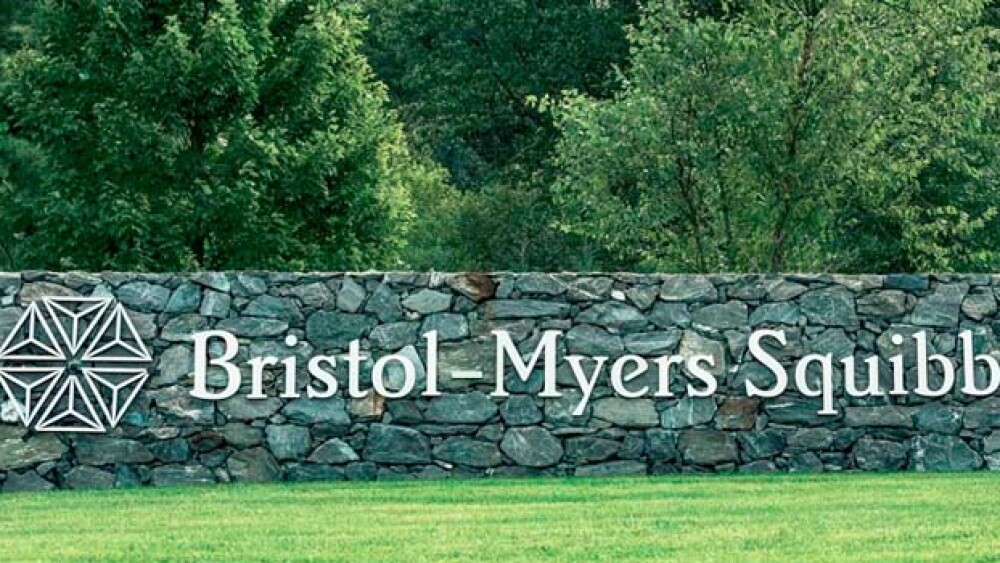Bristol-Myers Squibb announced that it has expanded its relationship with Flatiron Health, extending a three-year collaboration agreement.
Bristol-Myers Squibb announced that it has expanded its relationship with Flatiron Health, extending a three-year collaboration agreement.
Swiss-based Roche acquired Flatiron Health in February for $1.9 billion. At the time, it indicated that Flatiron, a technology and services company focused on oncology and patient care, would continue working with other companies, reinforced by today’s announcement.
Bristol-Myers and Flatiron will use Flatiron’s real-world data to push its research-and-development efforts. They will form a joint Scientific Advisory Board to advance the use of real-world evidence (RWE) for regulatory decision making. Bristol-Myers intends to use data from Flatiron to create RWE across numerous tumor types, and then collaborate with other stakeholders on developing and validating real-world endpoints for Flatiron’s longitudinal datasets. It also includes broader access to Flatiron and Foundation Medicine’s Clinico-Genomic Database. The database was launched in November 2016, and integrates rich genomic profiling data from thousands of cancer patients with annotated longitudinal clinical and outcomes data.
“Our continued collaboration with Flatiron further strengthens our comprehensive RWE capabilities, an important component of our oncology drug development program, giving us greater insight into the use and impact of our cancer therapies,” said Thomas Lynch, executive vice president and chief scientific officer of Bristol-Myers, in a statement. “We will work with Flatiron to contribute to RWE industry guidance and standards, and advance new regulatory-focused RWE use cases. Ultimately, this work will enable us to accelerate our ability to help patients.”
Amy Abernethy, Flatiron’s chief medical officer, told Forbes, “From an FDA perspective it’s important to have multiple voices and multiple companies on the table. If it’s only Roche’s voice, that’s not good. If it’s only Flatiron’s voice, that’s not good. I think Bristol-Myers Squibb sees themselves as a leader in how to do this.”
In 2016, Congress passed the 21st Century Cures Act, which, among many things, requires that the U.S. Food and Drug Administration (FDA) take into consideration types of “real-world evidence” when evaluating safety and additional drug indications. It’s not, however, absolutely clear what Congress meant by “real-world evidence.”
Forbes notes, “Flatiron’s version makes use of its proprietary electronic medical record, used by more than 2,500 cancer doctors, to collect data on patients. Using that information, it can create virtual clinical studies to try to see if what happens in randomized trials matches with what happens in the real world. In one study presented earlier this year, for instance, Bristol worked with Flatiron to put together a virtual control group for a single-arm study and a small study with a placebo group testing the company’s drug Opdivo in a rare form of esophageal cancer. The conclusion? The drug may have benefit in that rare disease.”
The acquisition of Flatiron by Roche was cited as the first, specific acquisition of a health tech startup by a pharmaceutical company, and as a result, indicated the industry’s interest in Big Data. Abernethy told The Cancer Letter in March, “It’s an acknowledgement by the Roche Group that evidence development is fundamentally changing. … We are turning the corner from real-world evidence being cute to real-world evidence being substantive and credible enough to be able to make real decisions.”





